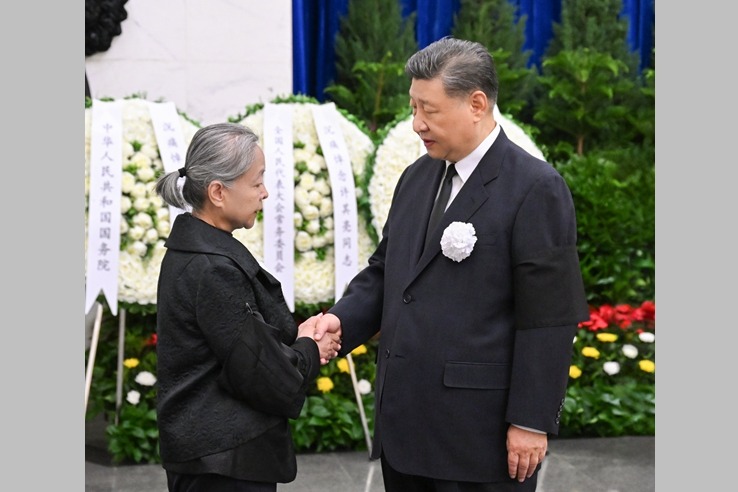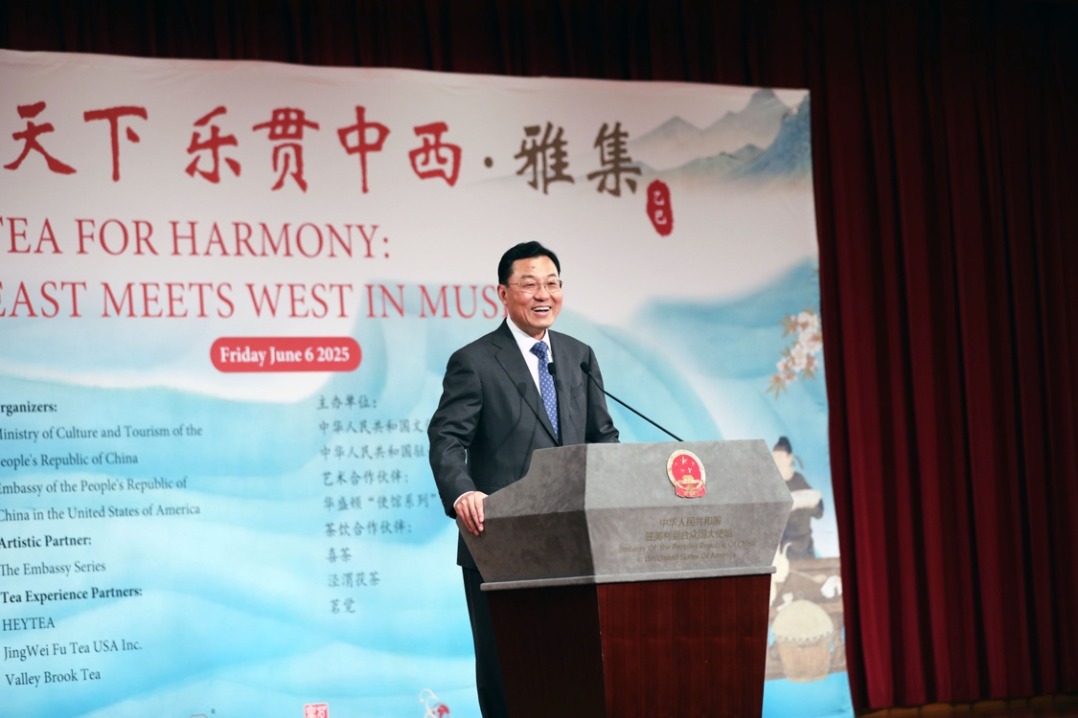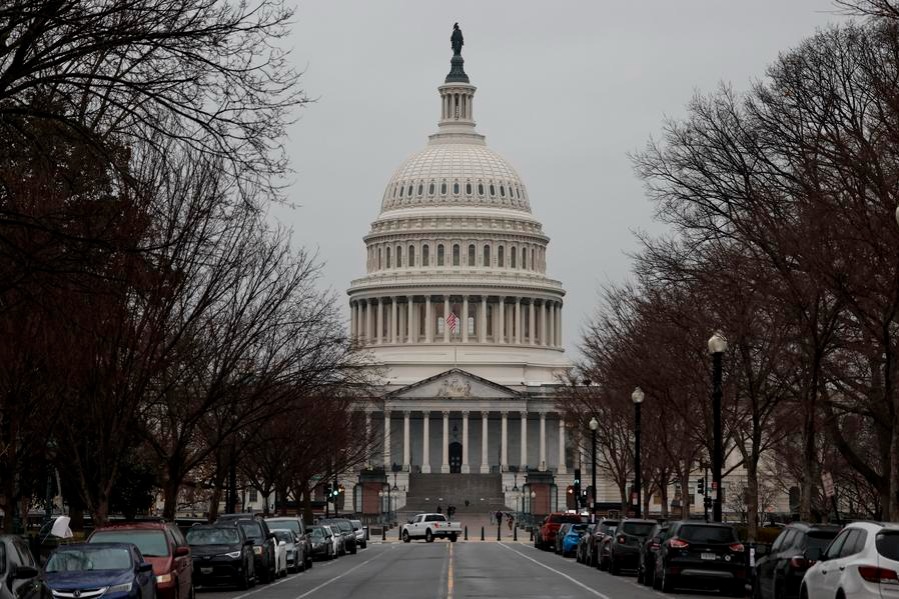Home sales recover in Shenzhen
By ZHOU MO in Shenzhen, Guangdong | China Daily | Updated: 2024-10-22 09:26

The residential property market in Shenzhen, Guangdong province has recovered continuously following the easing of restrictions since late September.
In fact, a second new residential project was sold out within a day, after the policy was introduced.
A total of 192 apartments of the project in Guangming district were snapped up within one-and-a-half hours after the project was launched on Saturday, with sales hitting approximately 600 million yuan ($84.4 million).
The achievement came a week after the city saw its first residential project being sold out within a day, where a batch of more than 744 customers rushed to buy 332 new homes in Longhua district.
Market sentiment has been growing after the Shenzhen city government lifted restrictive measures on Sept 29, which lower the threshold for people to trade homes and alleviate their financial burden.
Under the new policy, people without local hukou — Chinese household registrations — are allowed to buy properties in parts of Shenzhen.
The down payment ratio has been reduced to 15 percent for first-home buyers and 20 percent for second-home buyers. Residential properties are no longer subject to a sales ban of three years. Mortgage rates for housing loans have also been cut.
"The remarkable performance of the two new residential projects cannot be explained by the recovery of economic fundamentals and active demand, but more of a result of price reductions by developers. Despite this, the achievement can have a major effect in boosting market confidence and spurring market demand," said Li Yujia, a researcher at the Housing Policy Research Center of Guangdong province.
Li said the residential properties being snapped up in Shenzhen contain both luxury and ordinary homes.
"On the one hand, the wealthy group of people who have been less affected by the economic adjustment have strong demand for buying cost-effective luxury homes to improve their living conditions. On the other, a large number of migrants in Shenzhen who were deterred by high housing prices now find it easier to afford homes, given a drop in home prices and relaxed policies."
Similar growth has been seen in the pre-owned home market. According to Beike Research Institute, the number of daily deals for lived-in homes among its outlets in Shenzhen surged 228 percent in the period from Sept 30 to Sunday, compared to the numbers of the previous three-week period.
On the other side of the border, a relaxation of housing restrictions and drop in home prices in the Hong Kong Special Administrative Region are driving some Hong Kong residents who previously planned to buy homes in Shenzhen back to the city.
A housing agent surnamed Lin from Beike, who is in charge of residential properties near Shenzhen's Futian checkpoint, said he has felt a "notable decrease" in the number of Hong Kong home buyers in recent months.
The area near Futian checkpoint has been a preferred choice for Hong Kong residents given its proximity to the city and developed transportation.
"Previously, one out of 10 of our customers was from Hong Kong. Most of them were not Hong Kong-born, but mainland immigrants who obtained permanent residency there. This group with mainland connections is more willing to buy homes in Shenzhen," Lin said. "In recent months, the number of this group has notably decreased."
The decline came after the Hong Kong government earlier this year removed all home purchase restrictions to make it easier for residents to own a roof over their heads.
Last week, Hong Kong Chief Executive John Lee Ka-chiu announced that the government would relax the maximum loan-to-value ratio for homes at 70 percent, which enables buyers to borrow more from banks.
Zhang Li, who works at a private school in Hong Kong's New Territories, said she is considering setting up a home in Hong Kong.
"I had intended to buy an apartment in Shenzhen near the border because Hong Kong's skyrocketing home prices were unaffordable for me. But as the city's housing prices go down and policies have been lifted, I will place Hong Kong as my priority," she said.
According to the Rating and Valuation Department, Hong Kong's private residential property price index dropped to 292.1 points in August, marking a 1.72 percent decline on a monthly basis. The index has fallen for four consecutive months.
























